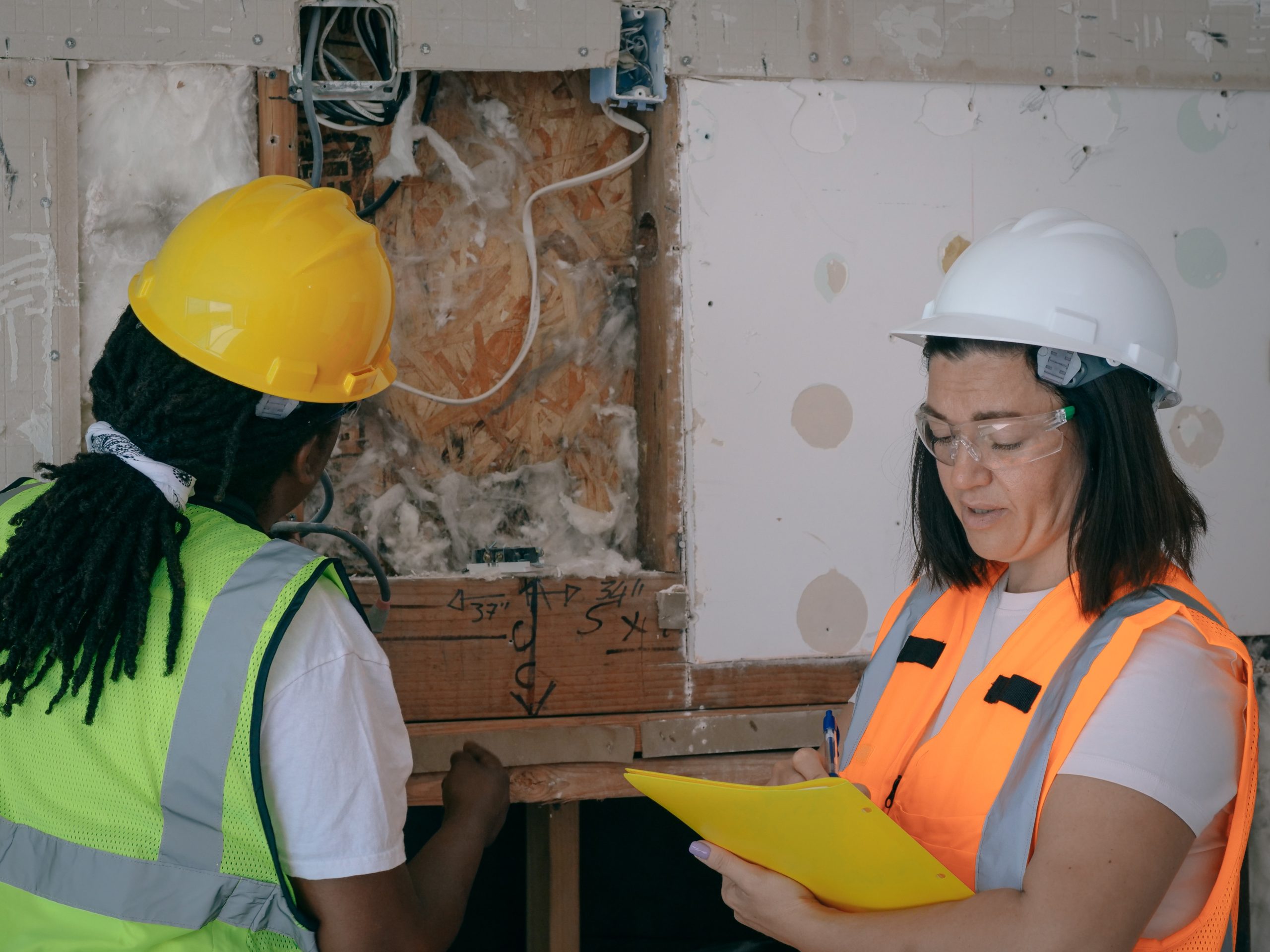When Home Inspectors Should Walk Away: Looking at Potential Red Flags
Although it is not common, there are situations when home inspectors should walk away from customers and prospective inspections. It protects you from reputational injury, bodily harm, on-site stress, making promises you can’t meet, and financial danger.
Indeed, we’ve discovered that inspectors can even avoid potential lawsuits by declining high-risk appointments.
- Contract Issues
-Refusal to Sign or Request to Modify Agreement: A client’s refusal to sign the inspection agreement or insistence on making changes could indicate a desire to avoid contractual obligations or exploit loopholes. A well-crafted agreement protects the inspector and helps set client expectations to avoid misunderstandings later.
-Lawyer Involvement: A client mentioning a lawyer could signal their intention to scrutinize the inspection process or potentially file a lawsuit.
“I won’t move forward with an inspection if a client refuses to sign the pre-inspection agreement or wants to change it,” said Rick Carlberg of The Housedoctors Property Inspections. The pre-inspection agreement serves as the first line of defense. It protects the inspector by establishing clear expectations about what is included in the inspection and what is not and the agreed upon fee.
- Pricing and Insurance Concerns
-Excessive Haggling Over Price: A client’s adamant insistence on lowering the inspection fee may suggest financial constraints or a lack of understanding of the value a thorough inspection provides.
-Unusual Interest in Insurance: A client’s excessive focus on insurance coverage could indicate a preoccupation with potential lawsuits rather than the actual inspection.
- Unrealistic Expectations from Realtors
-Rushed Inspections or Favorable Reports: Realtors pressuring an inspector to rush inspections or produce favorable reports may compromise the integrity of the inspection. An inspector may politely decline such requests to maintain their professional standards.
-Delayed Payment: Clients who promise delayed payment for services could create financial difficulties for the inspector. Clear payment terms should be established upfront to avoid any misunderstandings later.
- Safety Concerns
-Pressure to Inspect Unsafe Areas: Clients insisting on inspecting hazardous areas like roofs without proper safety precautions endanger both themselves and the inspector. The inspector may politely refuse such requests and emphasize safety protocols.
-Disregard for Safety Instructions: Clients who ignore safety instructions during the inspection pose a significant risk. Such behavior may cause the inspector to be uncomfortable and may consider walking away if they persist in disregarding safety measures.
- Disruptive or Dangerous Clients
-Distracting or Hostile Behavior: Clients who constantly interrupt or exhibit hostile behavior can hinder the inspector’s ability to perform a thorough inspection.
-Impaired Clients: Clients under the influence of alcohol or drugs pose a safety hazard to themselves, the inspector and others who may be involved in the inspection. The inspector may choose to stop or reschedule the inspection if they suspect impairment which may jeopardize their safety.
If you have a negative feeling about the client or the inspection, you have the option to leave. On a daily basis, you put yourself in dangerous situations as an inspector in order to complete a thorough inspection. If anything doesn’t feel right, go with your instincts and don’t go any farther. Your safety is more valuable than the cost of an inspection.
Reduce danger and put safety first.
Finally, you must pick which checks are worthwhile of your time and skills. It is best to walk away from an inspection if it does not feel right for any reason. This protects both you and your company.





